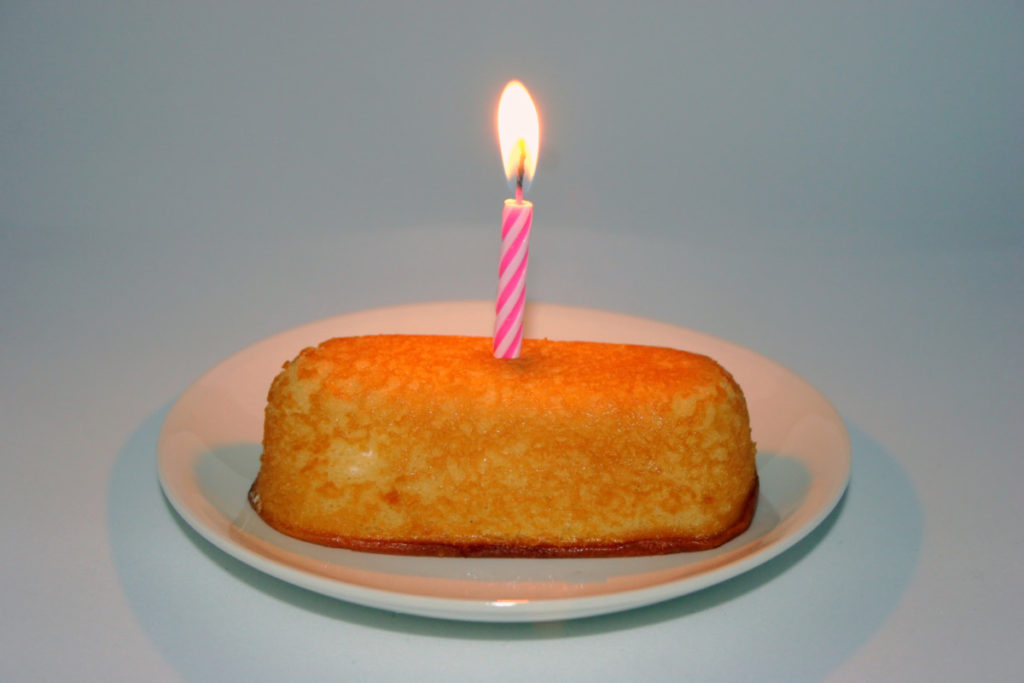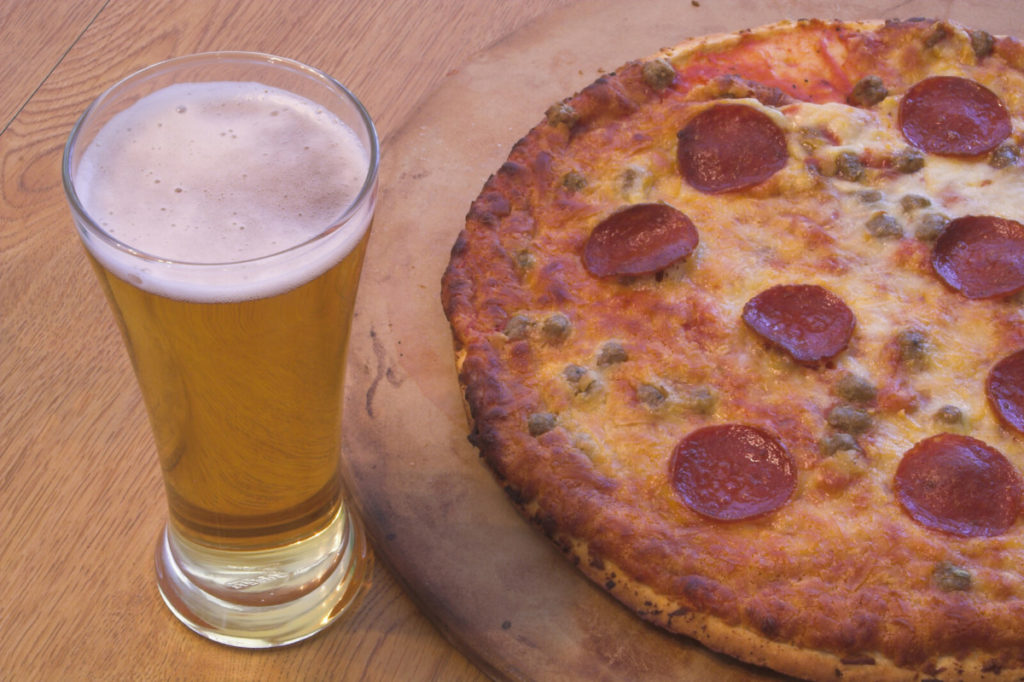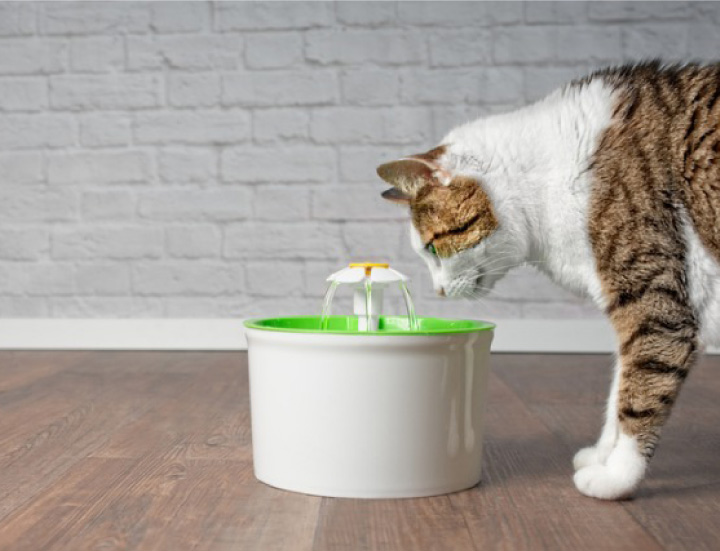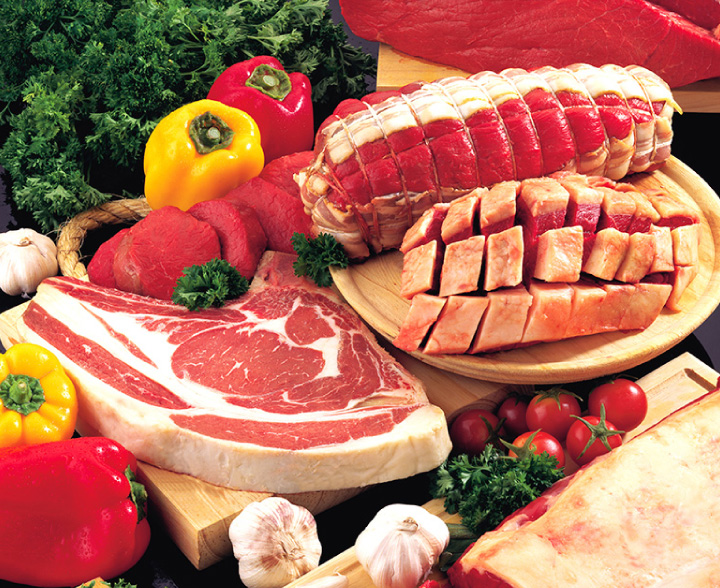Dr. Hahnemann - the original homeopathic researcher - said in the Organon paragraph 261 - the guide book to homeopathic prescribing - “the most expedient regimen is based upon the removal of any ‘obstacles to cure’. The most detrimental “obstacles to cure” in veterinary medicine are:
These are three areas where pet owners can do much to correct problems before a homeopathic remedy is given. Not only can they do these things, but they actually must do it to get any degree of success. This short article will focus on nutrition.

Worst choice. It’s like serving a Twinkie with a vitamin on top.

Only a slightly better choice, but still detrimental, especially for cats. All mammals are meant to eat fresh, whole, natural foods - not dehydrated foods.
Within this category, certainly the higher quality natural brands are preferred. These are available at health food stores and online. Think of these foods, even if they are organic, like pizza and beer.
Most folks can eat pizza and drink beer once in awhile and not suffer at all, but as a mainstay - it will cause problems. If I have have to leave overnight for just one night, I might put a small amount of organic dry food out for my cat. If I have to leave for a longer period of time, I hire a cat sitter to feed my kitty her fresh food.

This is the minimal level of quality for healthy maintenance and for animals that need to do some healing. For pet owners with financial restrictions, feeding half dry and half canned might do if the dog is already fairly healthy and if the food is a good quality natural type.
The same cannot be said for cats. Cats originated from the desert. This means the they have evolved water metabolism needs that are met by the bodily fluids of their prey, not by an open source of water. When they are healthy and on a healthy diet (no dry food) they stop drinking water outside of a sip or two per week. They stop drinking water!
One might think that cats could compensate for the lack of water in dry food by drinking more water or owners could compensate by adding water to the food. Unfortunately, this is not true. A water soaked piece of jerky does not equal a filet mignon. Many problems are eliminated by taking cats off dry food and feeding canned food instead. Such problems as Feline Lower Urinary Tract disease, dermatitis, arthritis, “kidney failure”, and constipation can be hugely improved by changing the diet. If you see a cat drinking water like a dog, he/she is in a state of dehydration leading to kidney disease.

This is the best choice - just as it is for us. The best rule of thumb for a healthy cat - 3/4 meat, 1/8 grain, 1/8 vegetables. Picture a mouse eaten by a cat - skeletal muscle, bones, and organs with the stomach and intestinal contents (grains and vegetables). For dogs, about 1/3 meat, 1/3 grain, 1/3 vegetables.
Various books are available: Natural Health for Dogs and Cats by Dr. Richard and Susan Pitcairn, Natural Nutrition for Cats and Dogs by Kymthy Schultz, and numerous others.
Many people say they have no time to prepare meals for their pet. If there is a serious illness to address, there is no choice. However, I tell people that virtually anything healthy they are eating will be healthy for their pet. Share liberally up to 50% of the total volume, only if the added foods are provided in variety to avoid imbalances.
I hope this provides a start to removing one of the “obstacles to cure” for your pet, and getting your pet on the road to recovery.